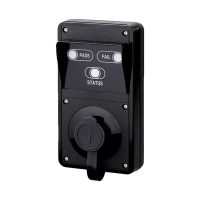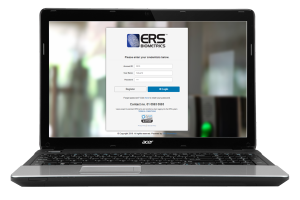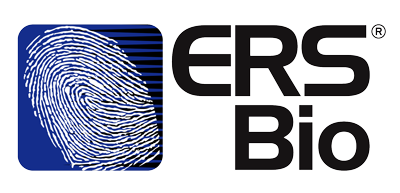The Rising Need for Breathalysers in Businesses: Promoting Safety and Accountability
Introduction
In today’s fast-paced world, businesses are becoming increasingly aware of the importance of maintaining a safe and responsible work environment. One significant concern that organizations must address is alcohol consumption among employees, particularly when it comes to safety-sensitive roles or industries. In response to this growing need, the use of breathalysers in businesses is on the rise. Breathalysers provide a practical and effective means to monitor alcohol levels, ensuring the well-being of employees and enhancing workplace safety.
Enhancing Workplace Safety
Safety is paramount in any workplace, and alcohol impairment poses a significant risk. Industries such as transportation, manufacturing, construction, and healthcare often involve tasks that require precision, alertness, and quick decision-making. Impaired employees can compromise their own safety, the safety of their colleagues, and the overall efficiency of operations. By implementing breathalysers, businesses can proactively address this issue and mitigate the potential risks associated with alcohol-related incidents.
Preventing Accidents and Liability
Alcohol-related accidents not only endanger lives but also expose businesses to legal and financial liabilities. Employers have a duty of care to ensure the well-being of their employees and maintain a safe working environment. By integrating breathalysers into their safety protocols, businesses can demonstrate their commitment to reducing the risks associated with alcohol consumption and protect themselves from potential lawsuits. Breathalyzer policies help organizations create a culture of accountability, where employees understand the importance of responsible alcohol use both in and outside of the workplace.
Deterrence and Reduction of Alcohol Abuse
The presence of breathalysers serve as a strong deterrent to alcohol abuse among employees. Knowing that there are consequences for reporting to work under the influence or violating alcohol-related policies can discourage employees from engaging in risky behaviour. Breathalyser testing can be performed during pre-employment screening, random checks, or in response to suspected impairment. Regular testing creates a sense of fairness and discourages individuals from attempting to bypass the system. Moreover, the fear of losing their job or facing disciplinary action can motivate employees to seek help for alcohol-related problems.
Considerations and Ethical Framework
While the use of breathalysers can be instrumental in ensuring workplace safety, it is essential for businesses to establish clear guidelines and adhere to ethical considerations. Employee privacy must be respected, and testing should be conducted in a professional and confidential manner. Policies should be transparent, communicated effectively, and compliant with local regulations. It is crucial to strike a balance between the need for safety and the rights of employees.
Integration with Access Control solutions

Breathalysers can be integrated with access control hardware such as biometric clocking terminals or turnstiles. In cases where a large contingent of staff need to gain access to a premises or site daily, it becomes difficult to set up breathalyser screening times. Adding a breathalyser to a biometric terminal, for instance, will assist in automated tests. An employee will place their finger on the terminal and be positively identified. They will then proceed to blow into the breathalyser, where a negative alcohol level will grant them access to the premises, and a positive alcohol level will deny them access.
These terminals can be linked to Time & Attendance software, that will then automatically report the individual as absent for the days’ work. Reports can be generated that will verify the test results, should there be queries.
Conclusion
The rising need for breathalysers in businesses highlights the growing recognition of the importance of maintaining a safe and responsible work environment. By implementing breathalyser policies, organizations can enhance workplace safety, prevent accidents, reduce liabilities, deter alcohol abuse, and promote a health-conscious culture. However, it is essential for businesses to establish clear guidelines and respect employee privacy when integrating breathalysers into their safety protocols.

For more info on the ERSBio’s Automated Breathalysers & integration, click here.

For more on ERSBio’s Time & Attendance Software, click here.
Contact us: sales@ersbio.co.za l 010 593 0593




